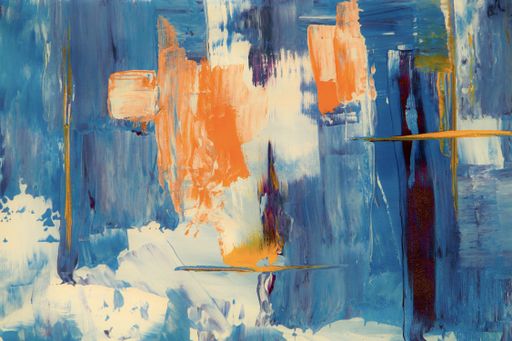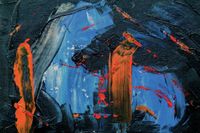Does Artificial Intelligence Threaten Professional Photographers?
Experts weigh in on the impact of AI on the photography industry.

The Evolving Landscape of Professional Photography
The rapid advancement of artificial intelligence (AI) technology raises concerns about the future of professional photography. A report published by Medium highlights how AI and image processing are transforming photography from a skill-based art to a technology-driven field. As AI becomes more prevalent, the traditional notion of professional photography skills is becoming obsolete.
Smartphones with AI technology now allow even novice users to capture high-quality photos that previously required a professional. This is challenging the role and relevance of traditional photography skills. The report suggests that AI's ability to handle complex tasks raises questions about the future of the industry.
The Impact of AI on Artistry and Creativity
While AI technology in photography offers convenience and accessibility, concerns arise regarding its impact on human artistry and creativity. Jake Denton, a research associate at the Heritage Foundation's Tech Policy Center, argues that AI lacks the sensibilities, depth, and emotional resonance that human artists bring to their work. Although algorithms can replicate artists' styles and techniques, they lack unique visions and personal experiences.
Denton emphasizes that true art requires insight and imagination that machines currently do not possess. Although technological advancements have their value, relying solely on AI risks diminishing the unique perspectives and cultural vitality that human-made creative works offer.
The Future of Professional Photography
While AI's advancements may diminish the need for human skill in photography, some experts believe that creative professions like photography are less vulnerable to the threat of AI. Samuel Mangold-Lenett, a Federalist staff editor, suggests that AI cannot replicate the ingenuity and perspective required in artistic endeavors. He argues that AI may create impressive products, but true art requires real-time problem-solving and a human soul.
Phil Siegel, founder of the Center for Advanced Preparedness and Threat Response Simulation, highlights that AI in photography provides more options and preferences for consumers. Photography may become more about services, time, distribution, and cost rather than just quality and equipment. While there may be fewer engagements in high-end photography, professional photography is unlikely to disappear entirely.
Aiden Buzzetti, President of the Bull Moose Project, believes that professional photography will endure despite the advancements in AI. He acknowledges that AI tools in cameras have made it easier for regular people to take better photos. However, the value of real-world photos and the doors opened by AI-supported artistic endeavors will likely keep professional photography relevant.



